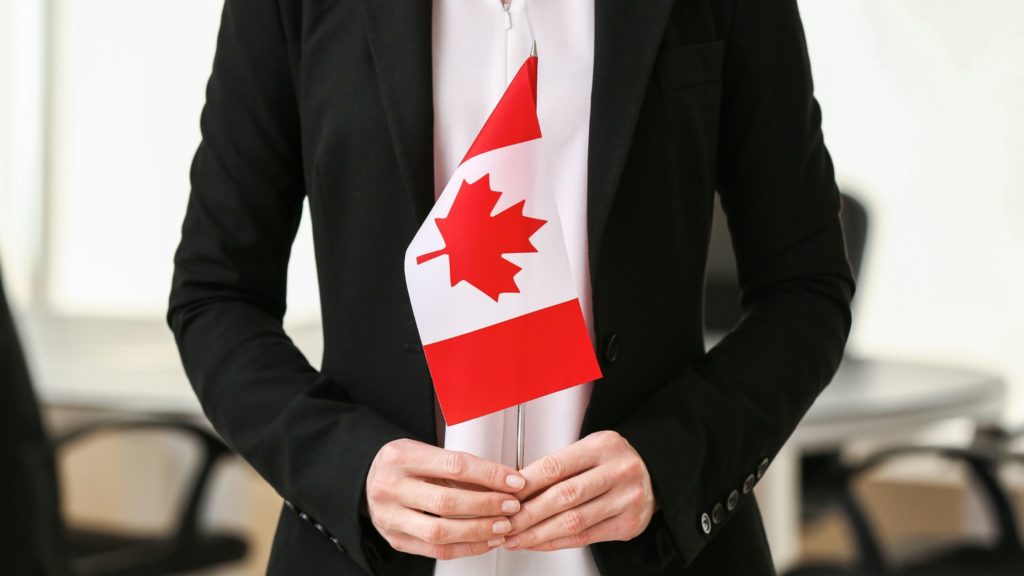Finally, justice prevailed.
Immigration, Refugees, and Citizenship Canada (IRCC) recently overturned a refusal of a Canadian Experience Class application made by the spouse of a diplomat accredited to Canada.
IRCC’s refusal was based on the premise that prior to the applicant’s entry, he did not apply for a temporary resident visa. The officer did not consider that the Immigration Regulations exempt foreign representatives, and others, from the requirement to apply for a temporary resident visa prior to entry. The officer further concluded that the accredited spouse was not a temporary resident of Canada during his employment period. As such, IRCC determined that the work did not qualify as “Canadian” work experience.
Following our detailed assessment of this case, our conclusion was that the IRCC officer made several mistakes. They misunderstood relevant international laws, agreements, and the host country agreement that was signed by Canada with the foreign state that included details on the requirements for accredited family members to obtain Social Insurance Numbers, including the rules to engage in gainful employment.
We made submissions to IRCC requesting a reconsideration of the decision to refuse this case. In our submissions, we argued for the appropriate interpretation of the relevant laws.
Our request for reconsideration was successful. IRCC withdrew the refusal and ultimately approved the application. IRCC accepted our position without question. The written response to the applicant began with:
“Your application for permanent residence has been approved. The final step in processing your application is to confirm your permanent residence and create your permanent resident card. You’ll complete this process through the Permanent Resident Portal (PR Confirmation).
In the portal, you’ll confirm that you and your dependents are in Canada, provide your Canadian address and submit your photo to create your permanent resident card.”
We maintain there is an obvious misunderstanding in the IRCC Department when it comes to the Canadian Experience Class and the eligibility and qualification of accredited foreign representatives and their families.
The overarching point is that officers mistakenly believe that embassies and consulate locations are foreign sovereign territories. Nothing could be more wrong. It is a false depiction portrayed in movies.
My unease with IRCC case decisions is that they are reviewed superficially and simply as a territorial question and mistakenly presuppose that embassies and consulates are autonomous little foreign states inside Canada with complete authority over the leased, rented, or purchased Canadian territory space. While representing foreign states that have certain immunities, Canada does not grant them absolute unlimited power. The locations remain the sovereign soil of the receiving State – Canada. Such premises are inviolable, but never the sovereign soil of the sending country.
Yes, Canadian law is supreme; however, my concern is that officers are making decisions based on wrong conclusions and misunderstanding of the legitimate order agreed to between Canada and the host country. Those agreements are based, in part, on the 1961 Vienna Convention on Diplomatic Relations and on the 1963 Geneva Convention on Consular Relations.
If your application was refused because your qualifying Canadian skilled work experience gained while holding diplomatic accreditation was considered as gained without temporary resident status in Canada, you should contest it.
About this case
I am the spouse of a diplomat, working in Canada for 2 years as an IT professional with a Ph.D. and paying taxes like any other Canadian. Nonetheless, IRCC refused my application for permanent residency in Canada under the pretext that I couldn’t apply for permanent residency in Canada in the first place since I wasn’t a temporary resident because of my accreditation.
Elda helped me contest this claim by supplying arguments that proved that diplomatic status is a condition under the temporary resident category. When we applied for reconsideration, the IRCC had no choice but to admit their mistake and grant me my permanent residence status.
Elda was my optimistic advocate who did not surrender because she believed there were unfairness, injustice, and mistakes made by the deciding officer in my refused application.Elda did not only make a legal case out of my situation but also assisted me in serving it to the IRCC and knocking on the doors of the department in difficult times when no one was willing to open them nor listen to my case. She is a true professional and is extremely devoted to her clients. She wouldn’t give up even when I was losing hope.
The request for a reconsideration of my refused case in Express Entry was accepted against all odds by IRCC uncontested. In no small part due to Elda’s efforts and our trust in Canada’s immigration system was restored.
From A.B. Moshe

